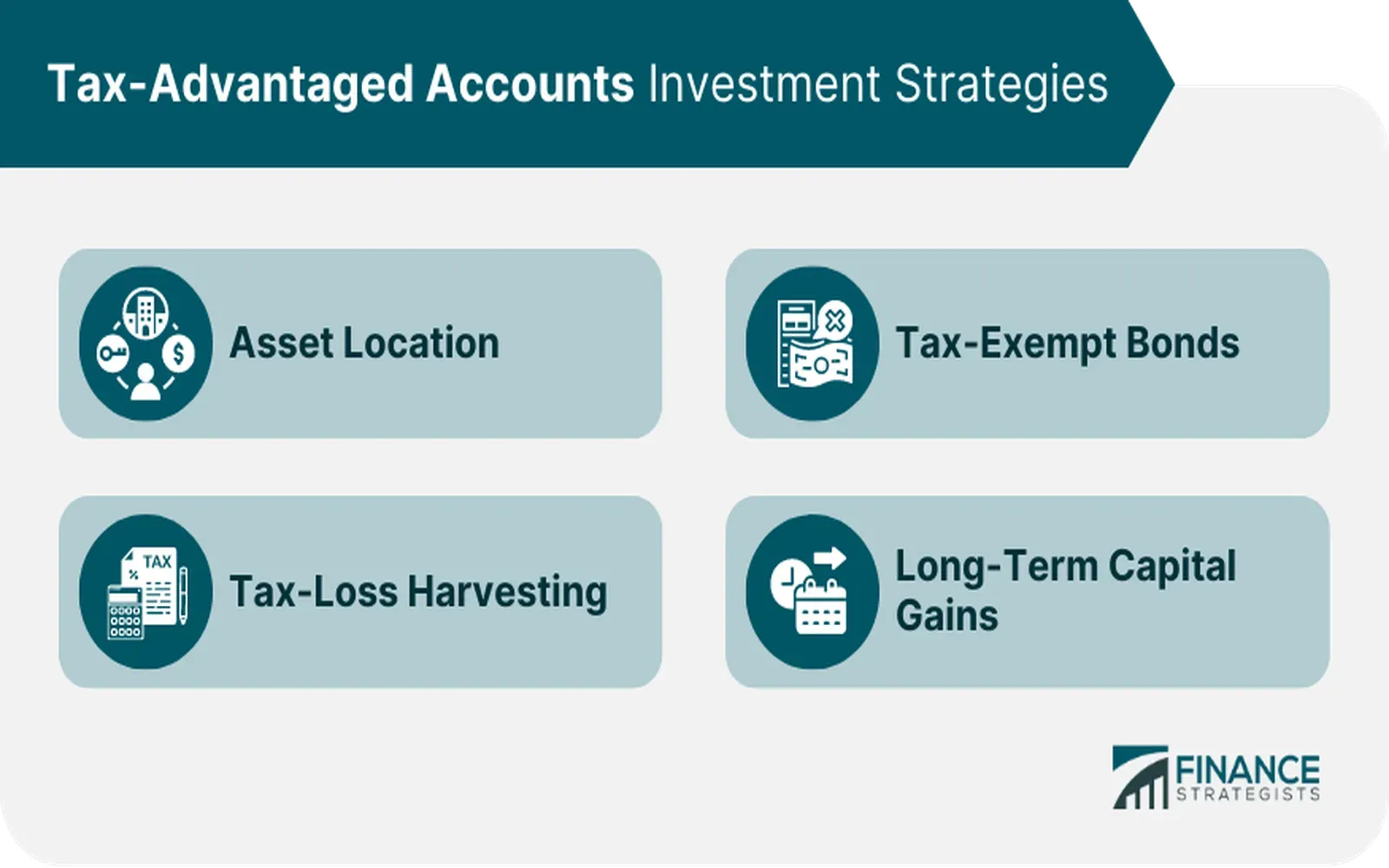Understanding Tax Deductions
One of the most effective legal ways to lower your tax bill is by taking advantage of tax deductions. These deductions reduce your taxable income, thereby lowering the amount of tax you owe. Common deductions include expenses related to home mortgage interest, state and local taxes, medical expenses, and charitable donations. It's essential to keep accurate records of these expenses throughout the year to ensure you can claim them when tax season arrives.
Maximizing Your Retirement Contributions
Contributing to retirement accounts not only helps secure your financial future but also provides immediate tax benefits. Contributions to 401(k) and IRA accounts can be deducted from your taxable income. For the tax year 2023, you can contribute up to $20,500 to a 401(k) plan, with an additional catch-up contribution of $6,500 if you're over 50. For IRAs, the contribution limit is $6,500, with a catch-up of $1,000 for those aged 50 and above. Here’s a quick overview of how retirement contributions can impact your tax bill:
| Retirement Account | Contribution Limit (2023) | Tax Benefits |
|---|---|---|
| 401(k) | $20,500 (+$6,500 if 50+) | Reduces taxable income |
| Traditional IRA | $6,500 (+$1,000 if 50+) | Reduces taxable income |
| Roth IRA | $6,500 (+$1,000 if 50+) | Tax-free withdrawals in retirement |
Utilizing Tax Credits
Unlike deductions, which reduce your taxable income, tax credits directly reduce the amount of tax you owe. Some popular tax credits include the Earned Income Tax Credit (EITC), the Child Tax Credit, and the American Opportunity Credit for education expenses. These credits can significantly reduce your tax bill and, in some cases, result in a refund even if you owe no taxes. Make sure to research which credits you may qualify for, as these can vary based on income, filing status, and number of dependents.
Itemizing vs. Standard Deduction
When filing your taxes, you have the option to take the standard deduction or to itemize your deductions. For the tax year 2023, the standard deduction is $13,850 for single filers and $27,700 for married couples filing jointly. If your total itemized deductions exceed the standard deduction, it may be more beneficial to itemize. Keep in mind that some taxpayers may overlook significant deductions like medical expenses, mortgage interest, and charitable contributions. Therefore, it’s crucial to evaluate both options carefully.
Tax Loss Harvesting
If you have investments, you can lower your tax bill through a strategy known as tax loss harvesting. This involves selling underperforming stocks or assets at a loss to offset capital gains taxes on profitable investments. By balancing your gains and losses, you can reduce your overall taxable income. This strategy can be especially advantageous if you have substantial capital gains from other investments.
Health Savings Accounts (HSAs)
Another legal method to lower your tax bill is by contributing to a Health Savings Account (HSA). If you have a high-deductible health plan, you can contribute pre-tax dollars to your HSA, which can be used for qualified medical expenses. For the tax year 2023, the contribution limit is $3,850 for individuals and $7,750 for families. Contributions made to an HSA are tax-deductible, and funds can grow tax-free, providing a triple tax advantage.
Consult with a Tax Professional
Finally, one of the best ways to ensure you're legally lowering your tax bill is to seek advice from a tax professional. Tax laws can be complex and ever-changing, so consulting with an expert can help you identify all available deductions, credits, and strategies tailored to your specific financial situation. They can also assist with tax planning throughout the year rather than just during tax season, ensuring you’re making the most of your financial opportunities.
Conclusion
Lowering your tax bill legally requires a proactive approach. By utilizing tax deductions, maximizing retirement contributions, leveraging tax credits, and employing smart investment strategies, you can significantly reduce your tax liability. Don't forget the importance of consulting with a tax professional to navigate the intricacies of the tax code effectively. With these strategies in mind, you can prepare for tax season with confidence and potentially keep more money in your pocket.









